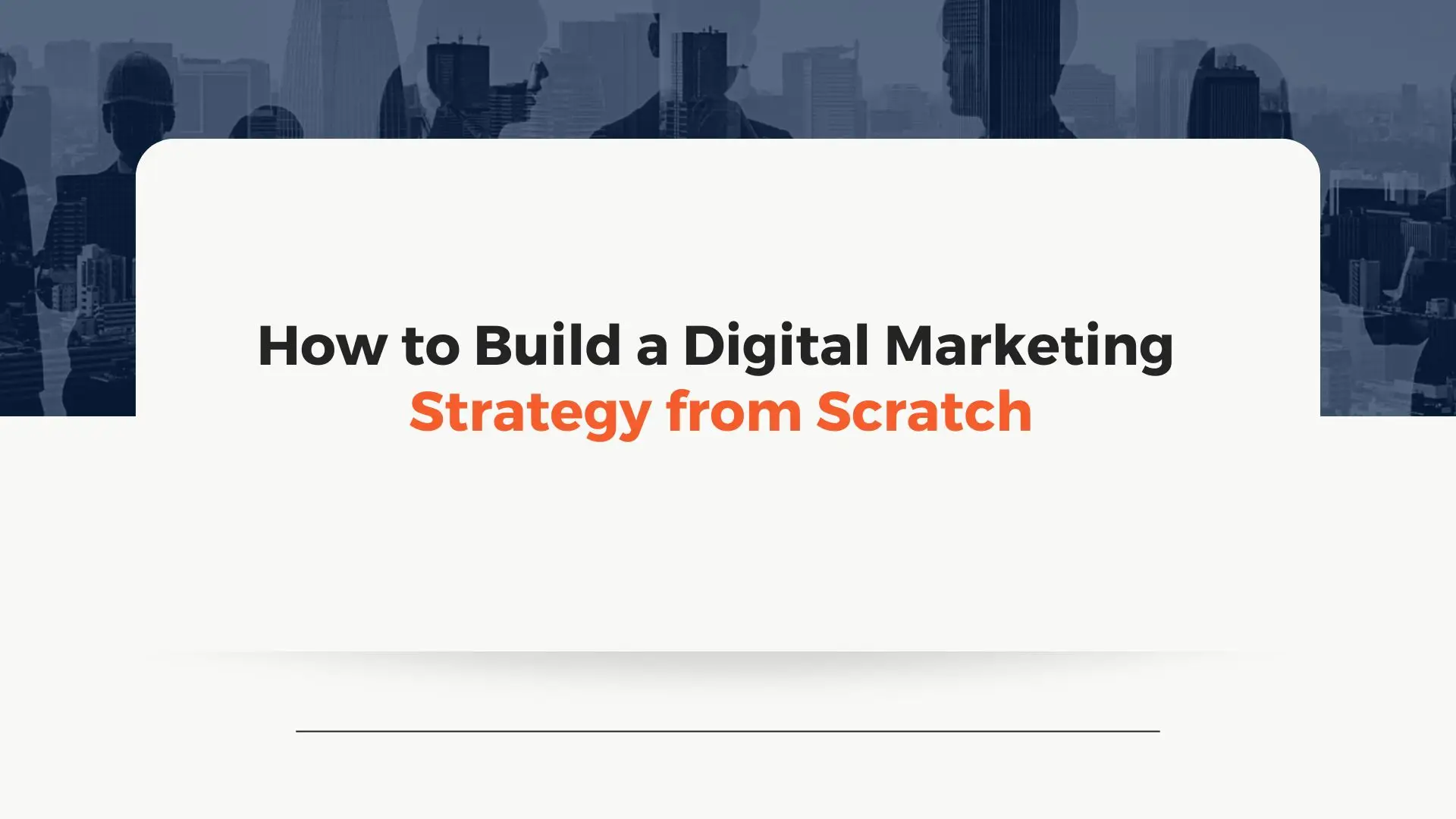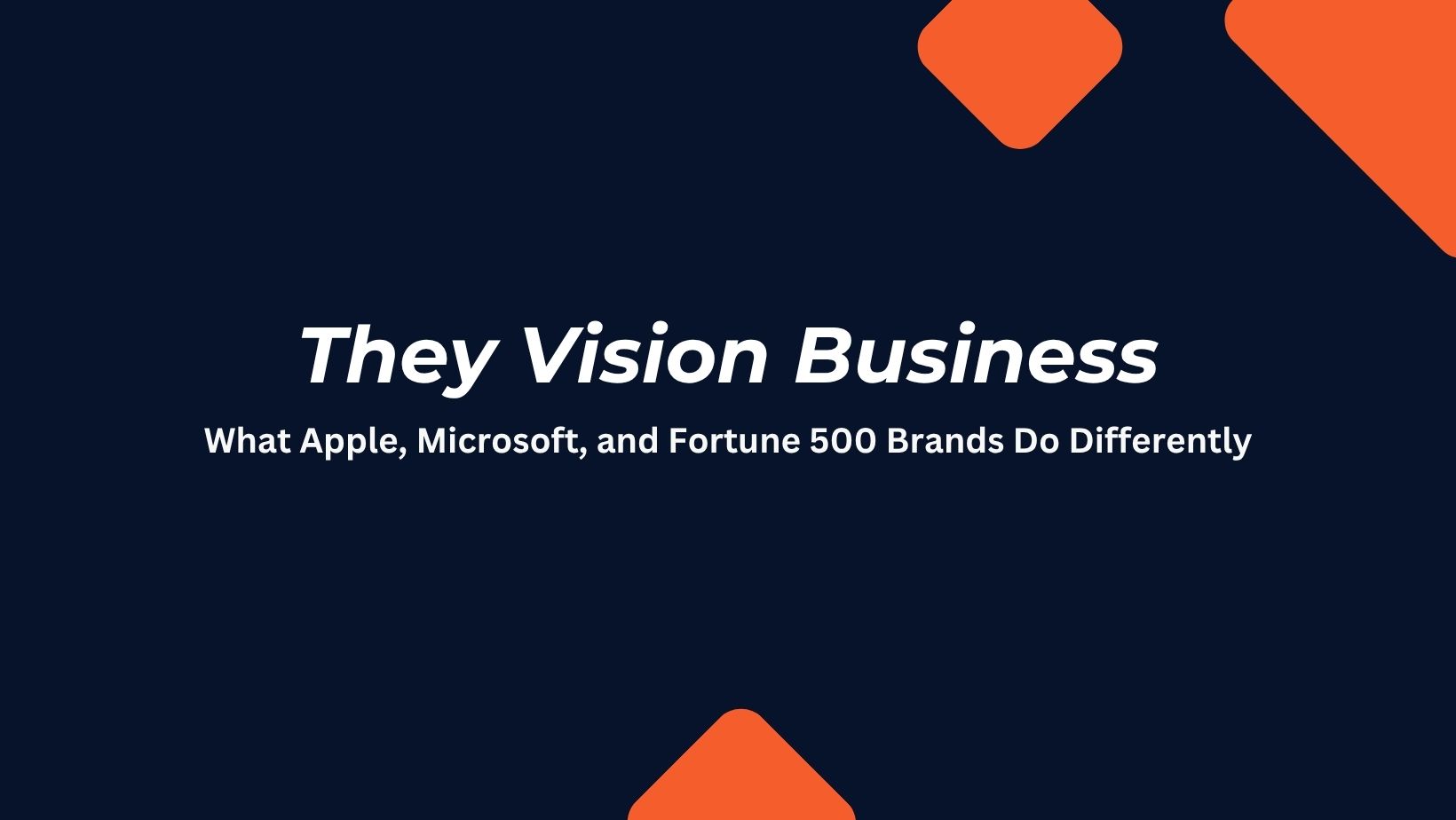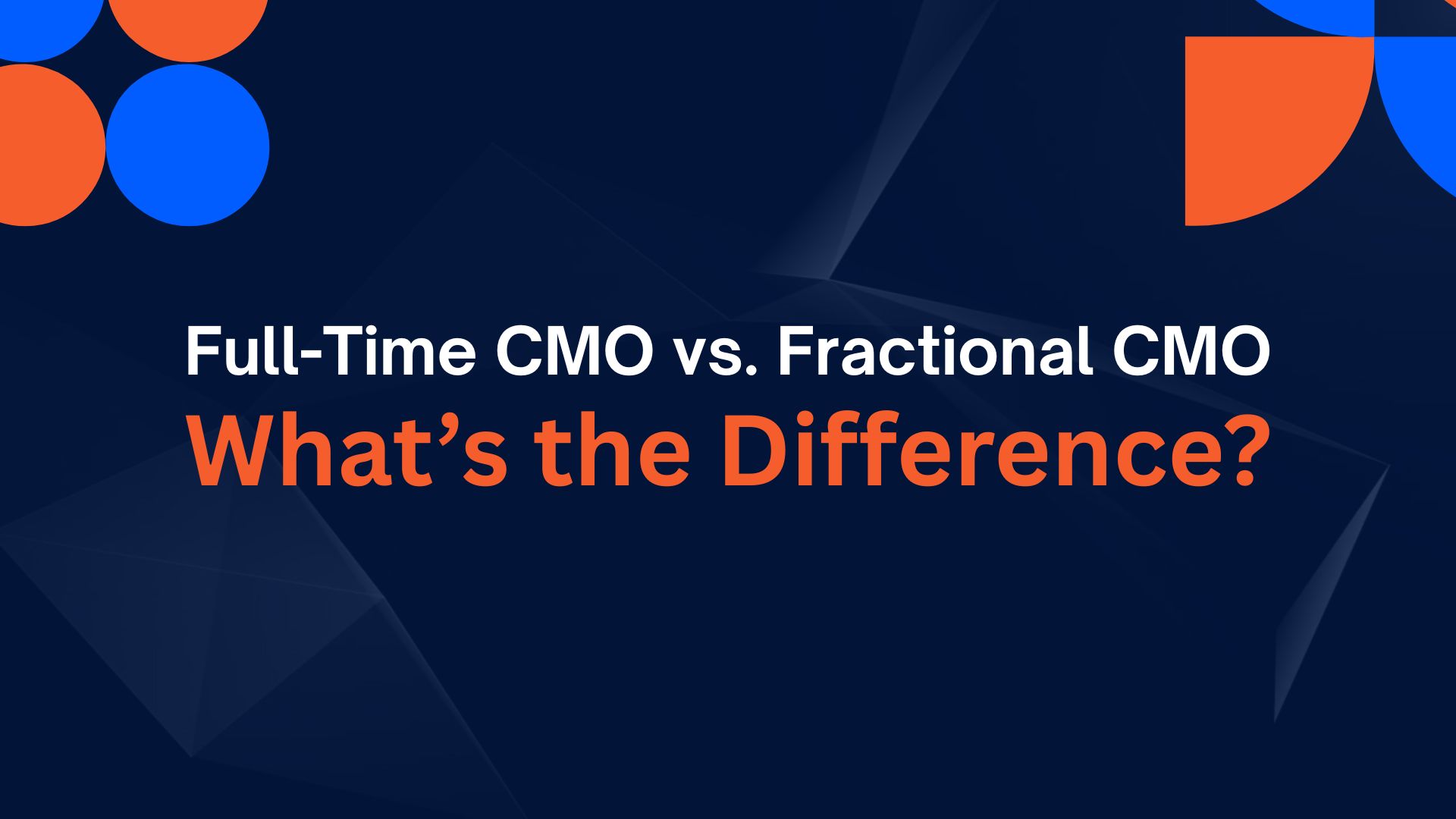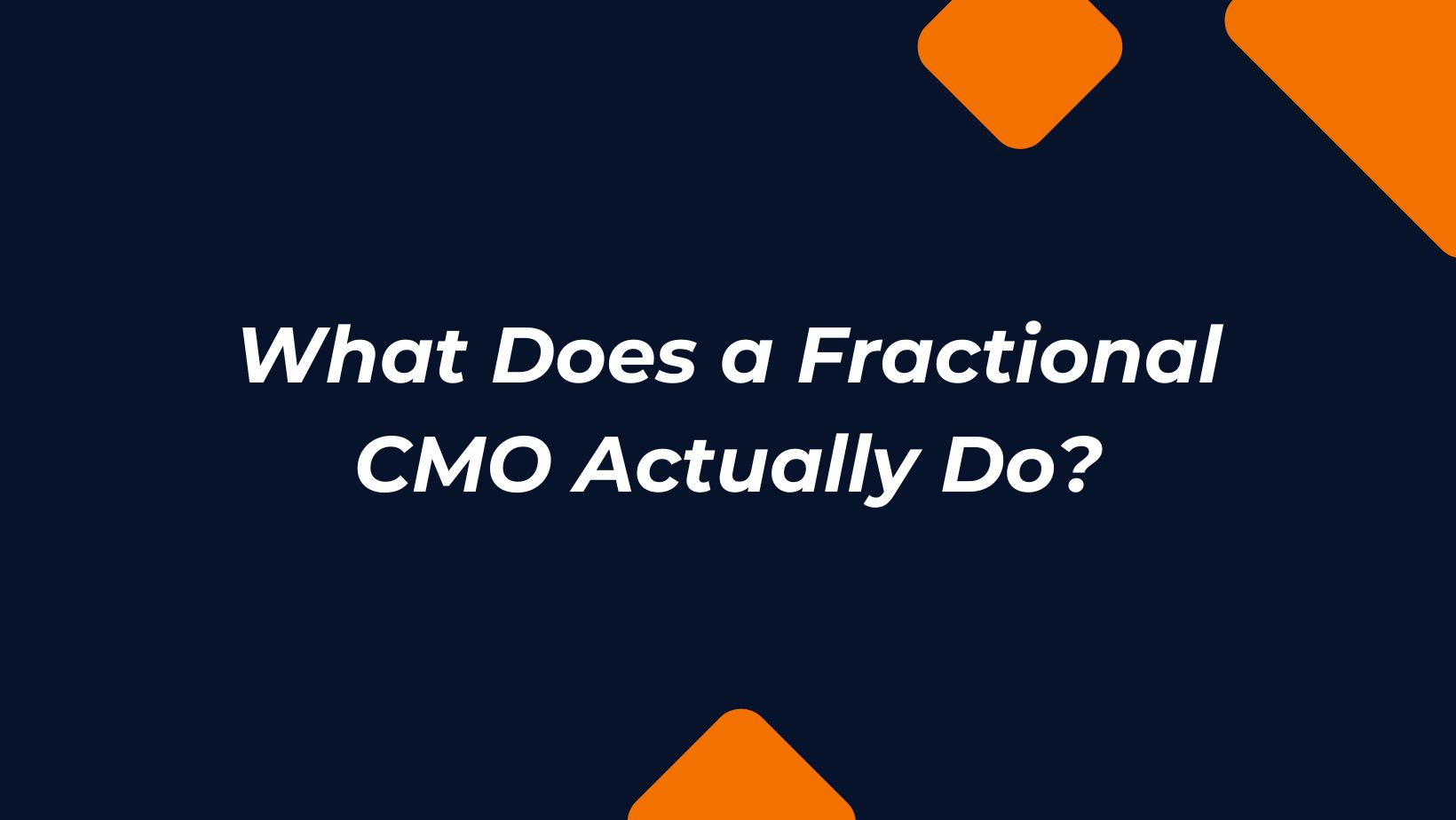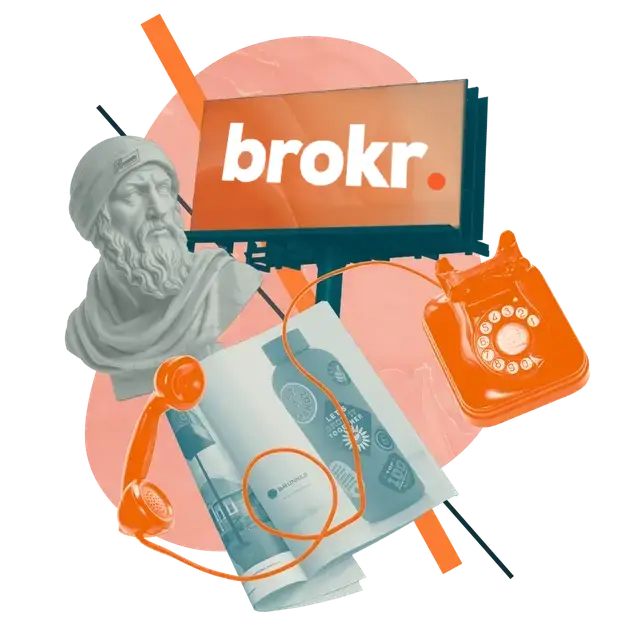Downloadable: Digital Strategy Planning Worksheet (Goal-Setting Matrix + Channel Selection Tool)
🔹 Intro: Why a Strategy Is Crucial
-
70% of businesses operate without a clear marketing strategy — and it shows.
-
The difference between scattered tactics and an actual game plan.
-
What you’ll learn: how to build a focused, adaptable, ROI-driven digital strategy.
Section 1: Define Your Business Goals
Objective: Make sure marketing aligns with business outcomes.
-
Types of goals: brand awareness, lead gen, sales, retention.
-
Use SMART goals (Specific, Measurable, Achievable, Relevant, Time-bound).
-
Tie marketing KPIs to business OKRs.
📝 In the Worksheet:
Goal-Setting Matrix — Plug in your business goals and break them down into specific marketing objectives.
Section 2: Know Your Audience Inside Out
Objective: Create detailed buyer personas to guide content and targeting.
-
How to conduct interviews, surveys, and use analytics tools (Google Analytics, Meta Insights, etc).
-
Build personas based on pain points, motivations, behaviors, and objections.
-
Segment by buying stage (cold, warm, hot traffic).
📝 In the Worksheet:
Customer Persona Builder — Guided prompts for defining ideal customers and segments.
Section 3: Perform a Digital Audit
Objective: Understand where you stand before making moves.
-
Analyze website performance (speed, UX, SEO).
-
Audit existing channels: Email, Social, PPC, SEO, Content.
-
Look at competitors: messaging, positioning, channel mix.
📝 In the Worksheet:
Channel Audit Checklist — Inventory your current digital assets and performance benchmarks.
Section 4: Choose Your Marketing Channels Wisely
Objective: Focus on what moves the needle, not just what’s trendy.
-
Earned, Owned, and Paid media — what they are and how they fit.
-
Choosing channels based on audience location, budget, and goals.
-
Core channels to evaluate:
-
Organic (SEO, Content)
-
Paid (PPC, Meta Ads, Display)
-
Email
-
Social Media
-
Affiliate
-
Influencer
-
Retargeting
-
📝 In the Worksheet:
Channel Selection Tool — Scorecard to rank each channel based on cost, reach, effort, and impact.
Section 5: Build Your Messaging & Offer Strategy
Objective: Craft irresistible messaging tailored to each segment.
-
Use frameworks like PAS (Problem-Agitate-Solution), FAB (Features-Advantages-Benefits), or StoryBrand.
-
Define your core value propositions.
-
Match messaging to each stage of the funnel.
📝 In the Worksheet:
Messaging Map Template — Create key messages per persona and funnel stage.
Section 6: Create a Content Plan
Objective: Build consistency and engagement across channels.
-
Content pillars and categories.
-
Plan for frequency, format, and distribution.
-
Use tools like Notion, Airtable, or Google Sheets for scheduling.
📝 In the Worksheet:
Editorial Calendar Starter Kit — Monthly planner with prompts + sample schedule.
Section 7: Set KPIs and Measure Success
Objective: Make sure your strategy is data-driven.
-
Define KPIs for each channel and campaign.
-
Use tools like GA4, Looker Studio, Meta Business Suite.
-
How to review data monthly/quarterly and adjust.
📝 In the Worksheet:
KPI Tracker Template — Editable table to log results, learnings, and adjustments.
Final Thoughts
Your strategy should evolve as your business grows. Don’t set it and forget it. Use the worksheet to build a living document you can revisit monthly or quarterly.
📥 Call to Action:
Download the [Digital Strategy Planning Worksheet] now and start building a strategy that’s aligned with your goals and built to scale.

